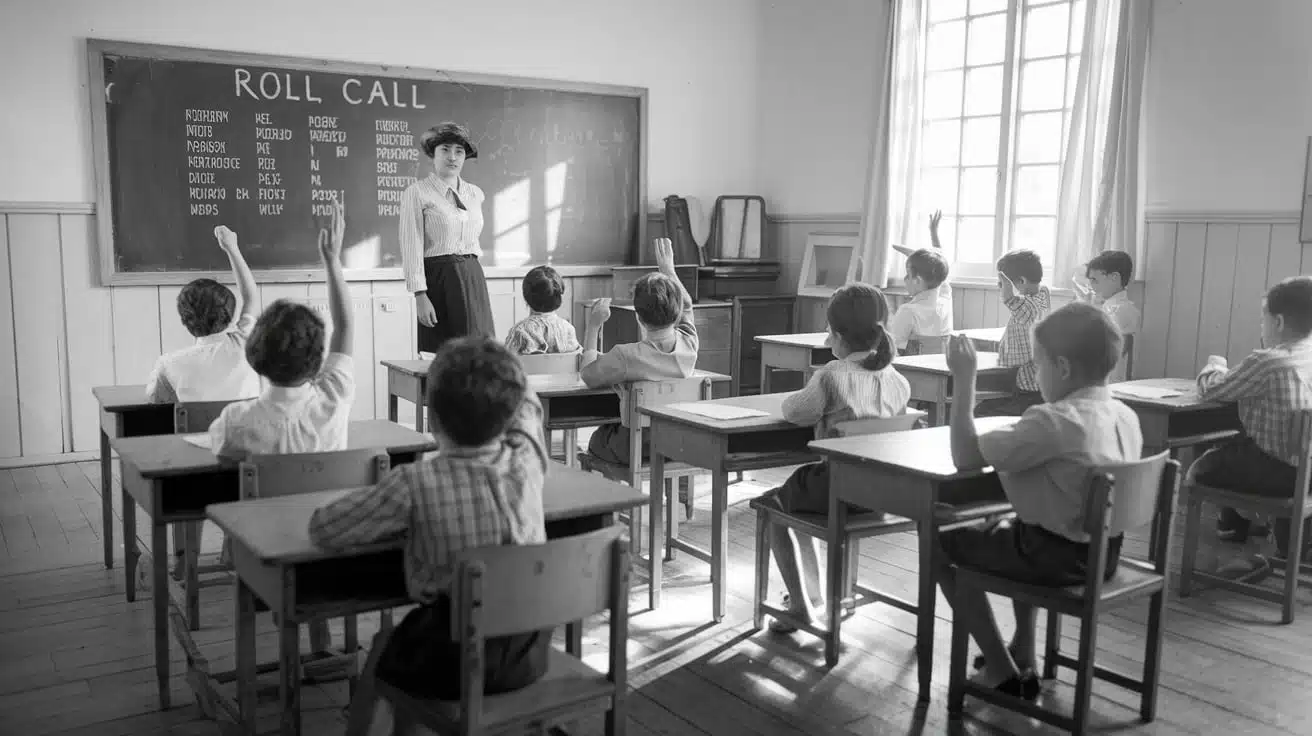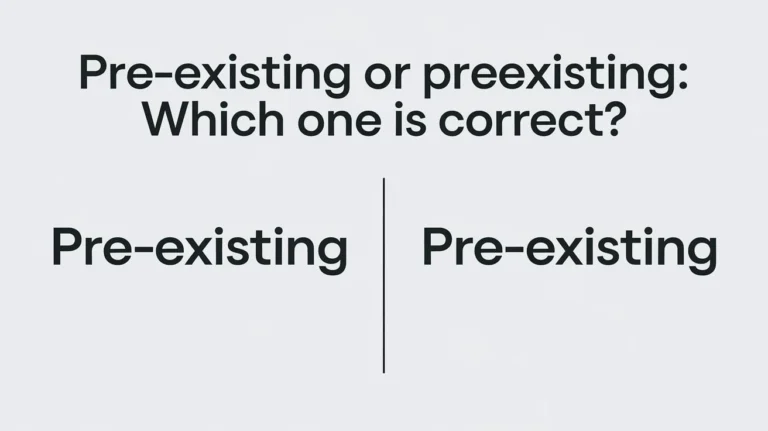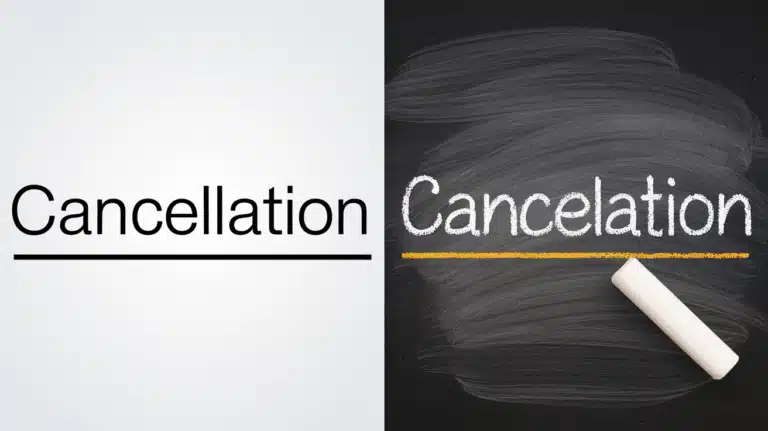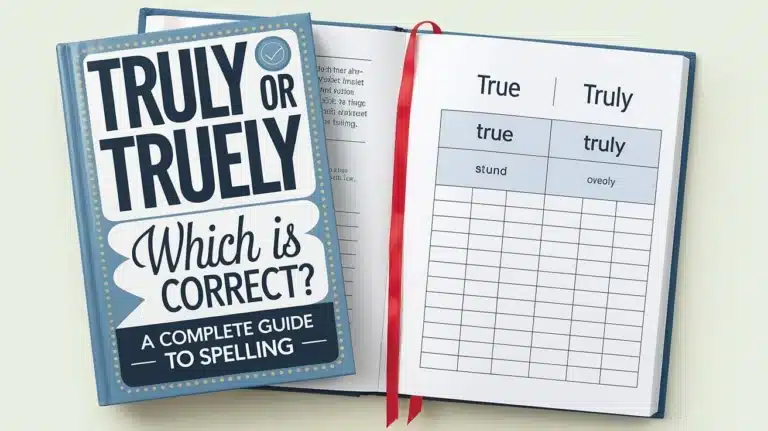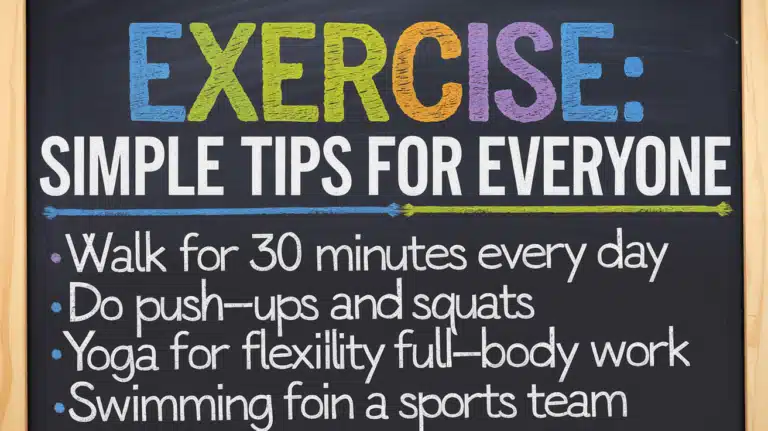Roll Call or Role Call: Which Spelling Is Correct?
Confused about whether it’s “roll call” or “role call”? The correct spelling is “roll call” when taking attendance. This common homophone mistake often trips up writers because both words sound identical. The term comes from the historical practice of reading names from a scroll of names. Think of it this way: you take attendance from a roll (list), not a role (function). Whether you’re in a classroom vocabulary setting or handling school attendance practices, always use “roll call.” Remember, correct phrase usage matters in professional writing. When in doubt, picture unrolling a scroll of names – that’s your roll call definition in action
What is the Difference Between Role Call and Roll Call?
The term “roll call” comes from the historical practice of reading names from a scroll or roll of paper. In modern English grammar, “roll call” is the correct spelling when referring to the process of checking attendance or taking a count of people present. The word “roll” relates to a list or register, while “role” refers to a function or part someone plays.
Understanding this distinction helps avoid common homophone mistakes. Think of it this way: a teacher takes attendance from a class roll (list), not from a role (function). This spelling error often occurs because both words sound identical when spoken.
When to Use Roll Call
Roll call is the proper term when referring to attendance-taking procedures. It’s commonly used in schools, military settings, and legislative bodies. The practice of taking roll has evolved from ancient scrolls to modern digital systems, but the terminology remains unchanged.
Read More About : Training Or Trainning: Which One Is Correct?
Here’s a helpful comparison table:
| Context | Correct Usage | Incorrect Usage |
|---|---|---|
| School | Taking roll call | Taking role call |
| Military | Morning roll call | Morning role call |
| Parliament | Roll call vote | Role call vote |
Roll Call Definition
A roll call is a formal procedure where names are called from a list to verify attendance. This attendance vocabulary term originated from the physical act of unrolling a scroll containing names. Today, it’s an essential part of classroom vocabulary and professional settings.
Is It Role Call or Roll Call?
The correct spelling is always “roll call” when referring to checking attendance. This common spelling error persists because “role” and “roll” are homophones – words that sound the same but have different meanings and spellings. To maintain language accuracy, remember that “role” relates to a function or character someone plays.
Be confident about grammar
Building grammar confidence starts with understanding these subtle differences in English language learning. When writing professionally, it’s crucial to use the correct form to maintain credibility. Spell check tools might not catch this error since both words are spelled correctly, just used in different contexts.
Do You Take Roll or Take Role?
The correct phrase is “take roll.” This follows the same logic as our earlier explanation – you’re taking attendance from a list (roll), not taking a function (role). This is one of many popular English phrases that require careful attention to context.
Examples of Roll Call in Sentences
Here are some practical examples:
- “The teacher conducts a roll call every morning.”
- “Congress held a roll call vote on the new bill.”
- “Military units perform roll call at dawn.”
- “The secretary took roll during the board meeting.”
Trick to Remember the Difference
Think of the physical act of unrolling a scroll – that’s where roll call comes from. A simple mnemonic device: “You call from a ROLL of paper, not a ROLE in a play.”
Summary
The distinction between “roll call” and “role call” may seem subtle, but using the correct spelling matters in professional and academic settings. Remember that “roll call” is always the right choice when referring to attendance-taking procedures. This practice, rooted in the tradition of reading names from scrolls, continues to be relevant in modern contexts. Whether you’re a teacher taking attendance, a military officer conducting morning counts, or a business professional managing meetings, using the correct term demonstrates attention to detail and mastery of proper English usage.

